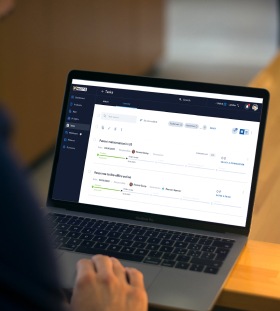Trademark Office Action Responding in Germany
During the examination, you can receive an Office Action that may include requirements or objections. It is not a problem. The attorney will analyze this, devise a strategy, and prepare a response



During the examination, you can receive an Office Action that may include requirements or objections. It is not a problem. The attorney will analyze this, devise a strategy, and prepare a response







-
An AI-powered IP assistant that helps you create a detailed assignment within minutes.
-
Selection of the most suitable local trademark attorney based on specific criteria.
-
Office action analysis, response strategy development, preparation, and filing.
-
Online monitoring and reporting on the platform throughout the entire process.

-

More than 800 IP law firms from 150+ countries, ranking and reviews
-

An AI-powered IP assistant that helps create tasks and find relevant attorneys
-

Flat fees, secure and fast online payments with guaranteed results
-

24/7 access to the registration process and online data storage for all your cases
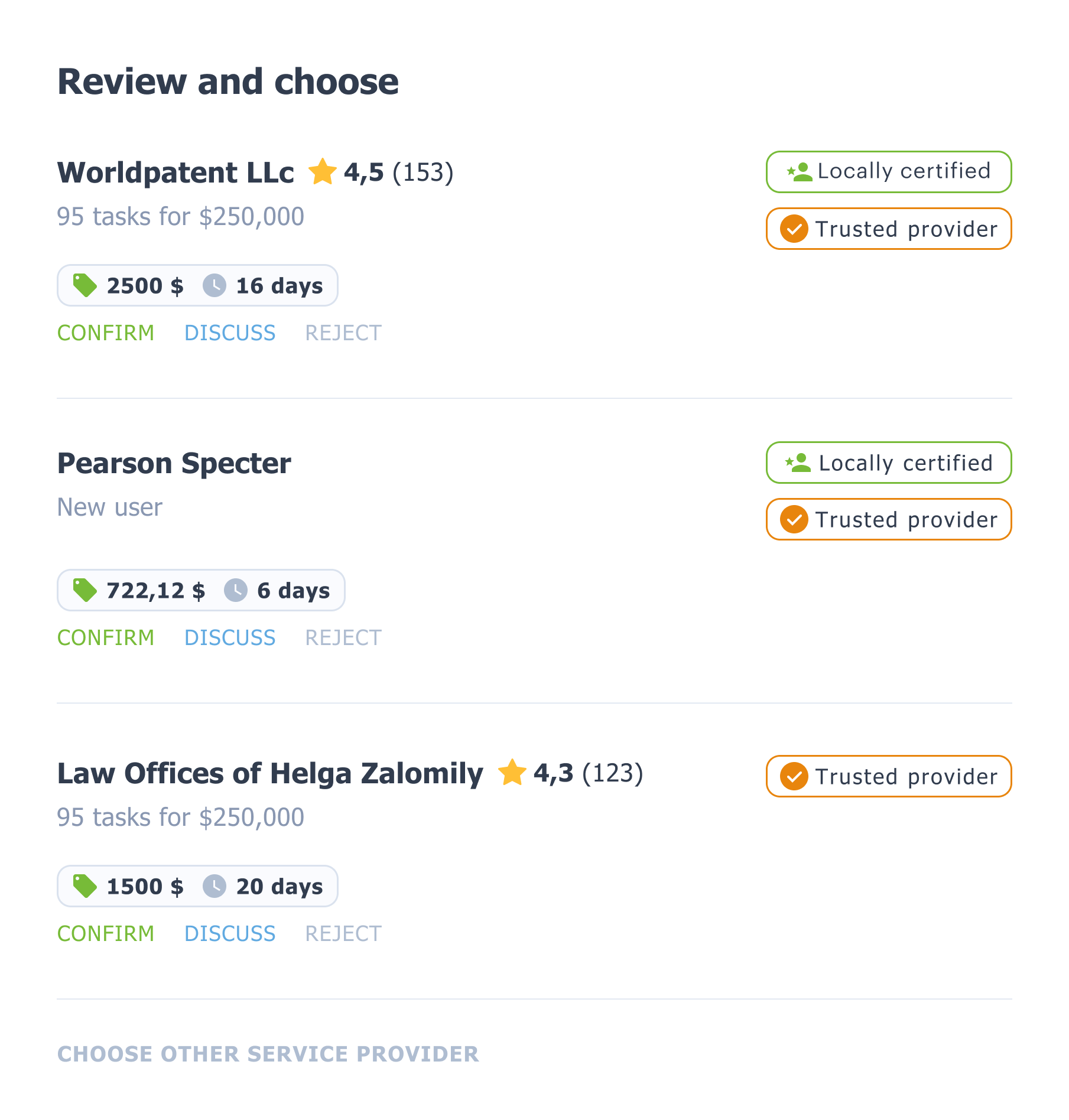
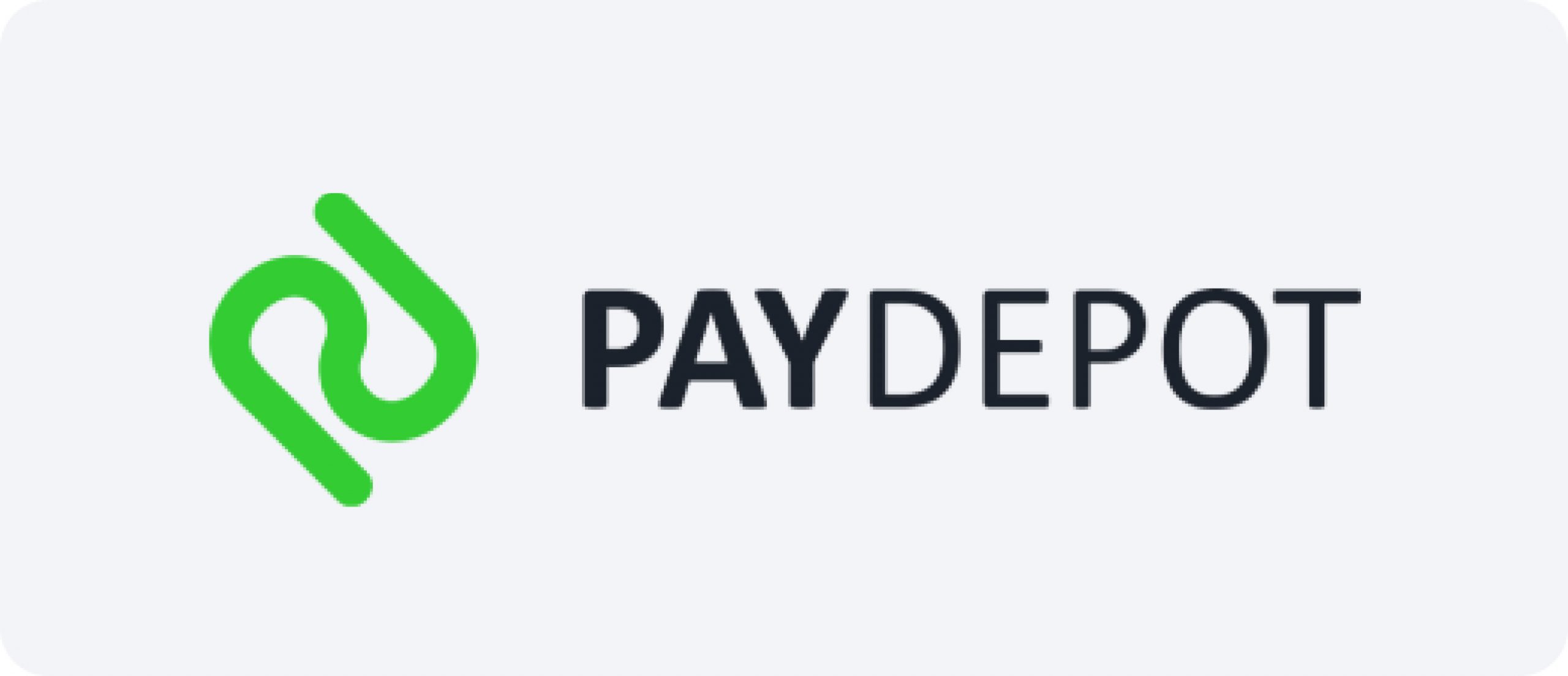
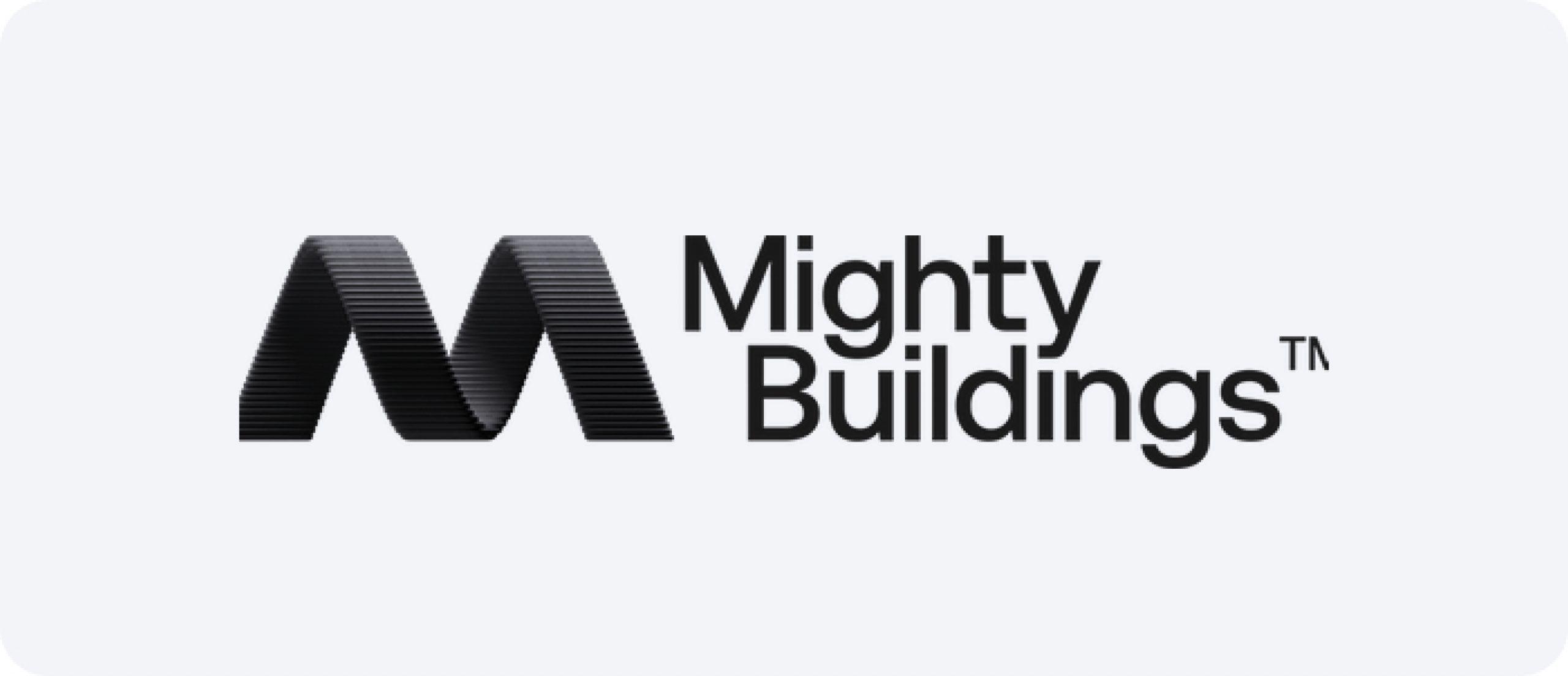

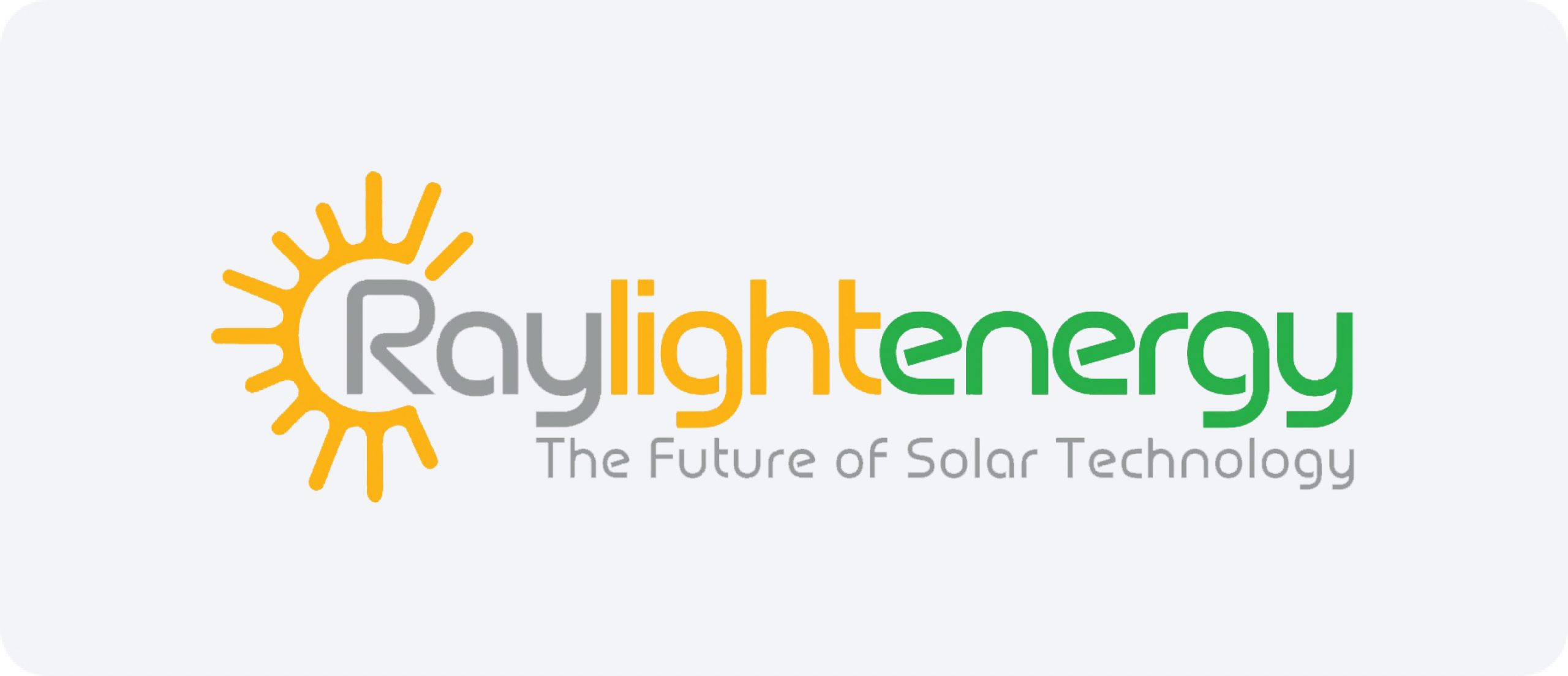


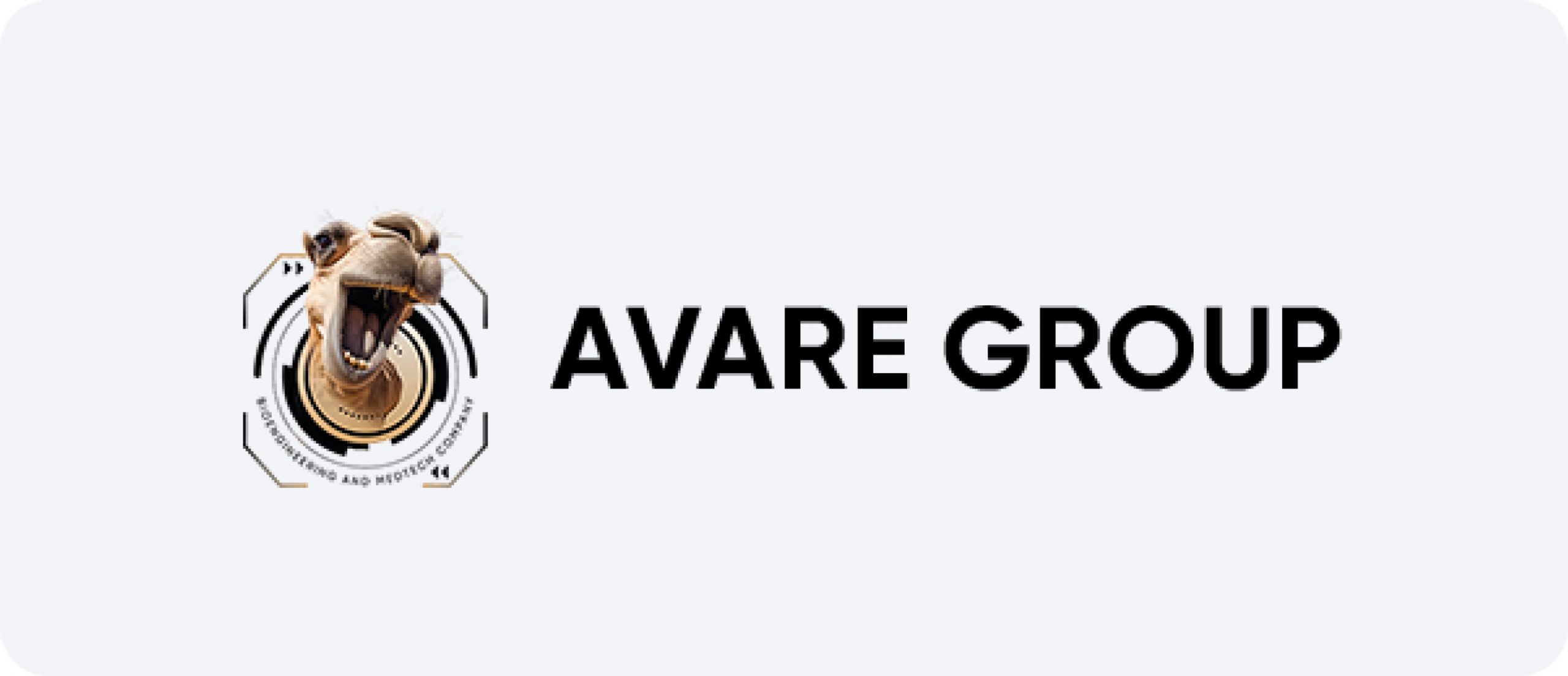



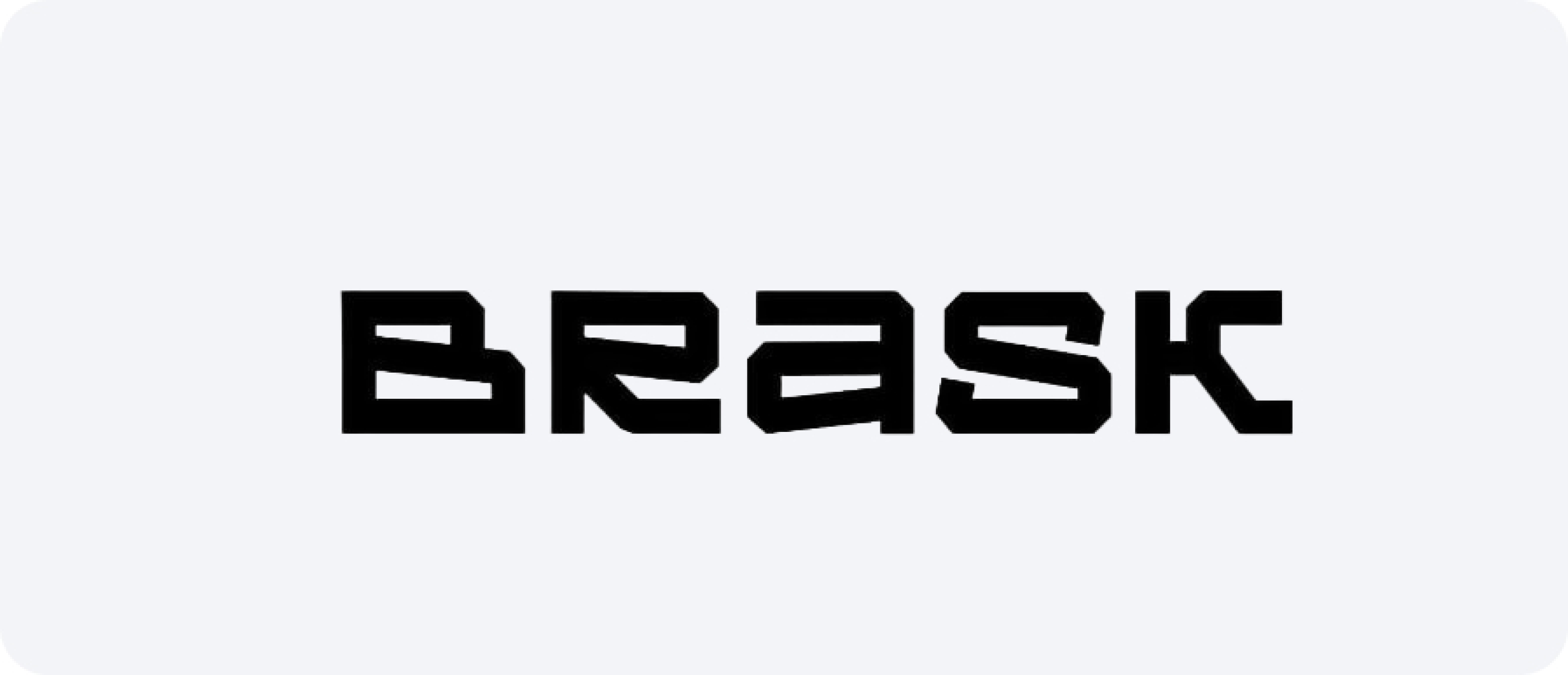
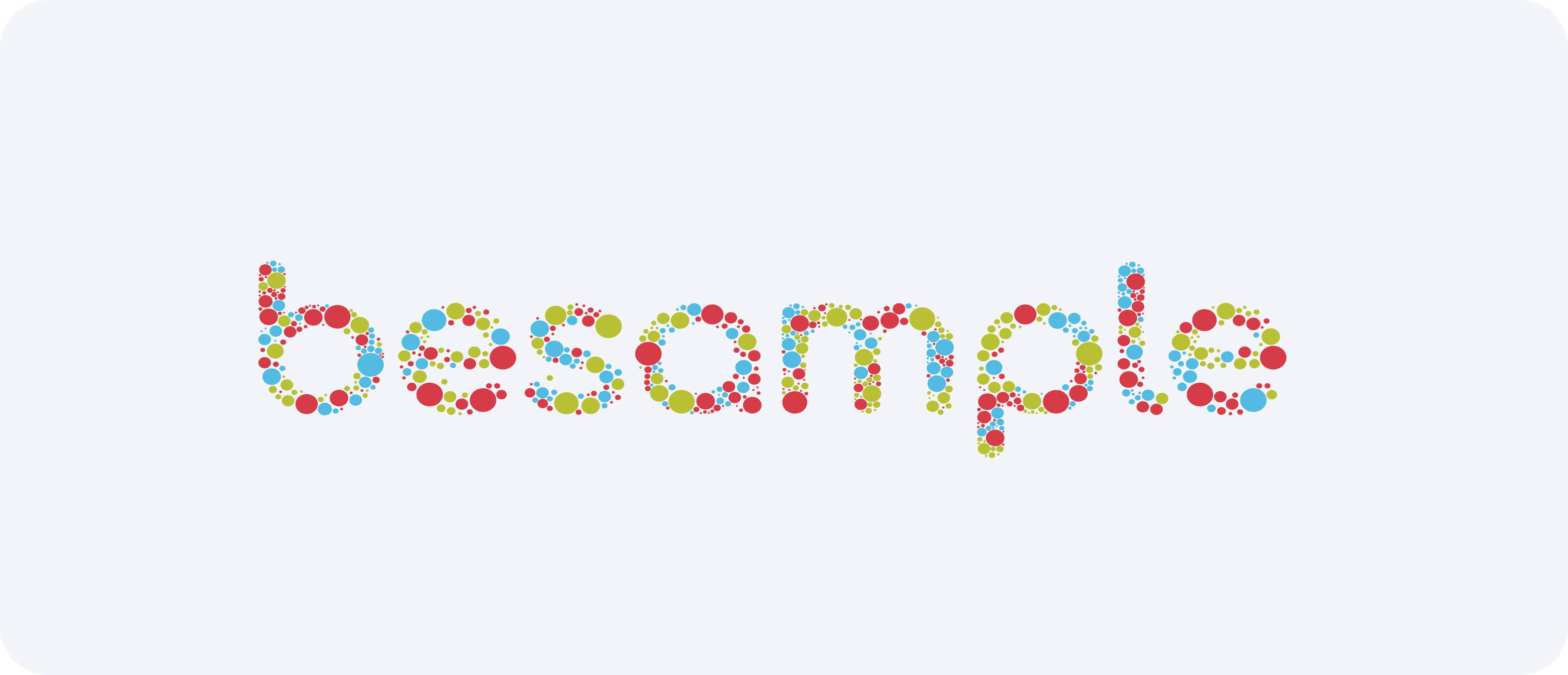
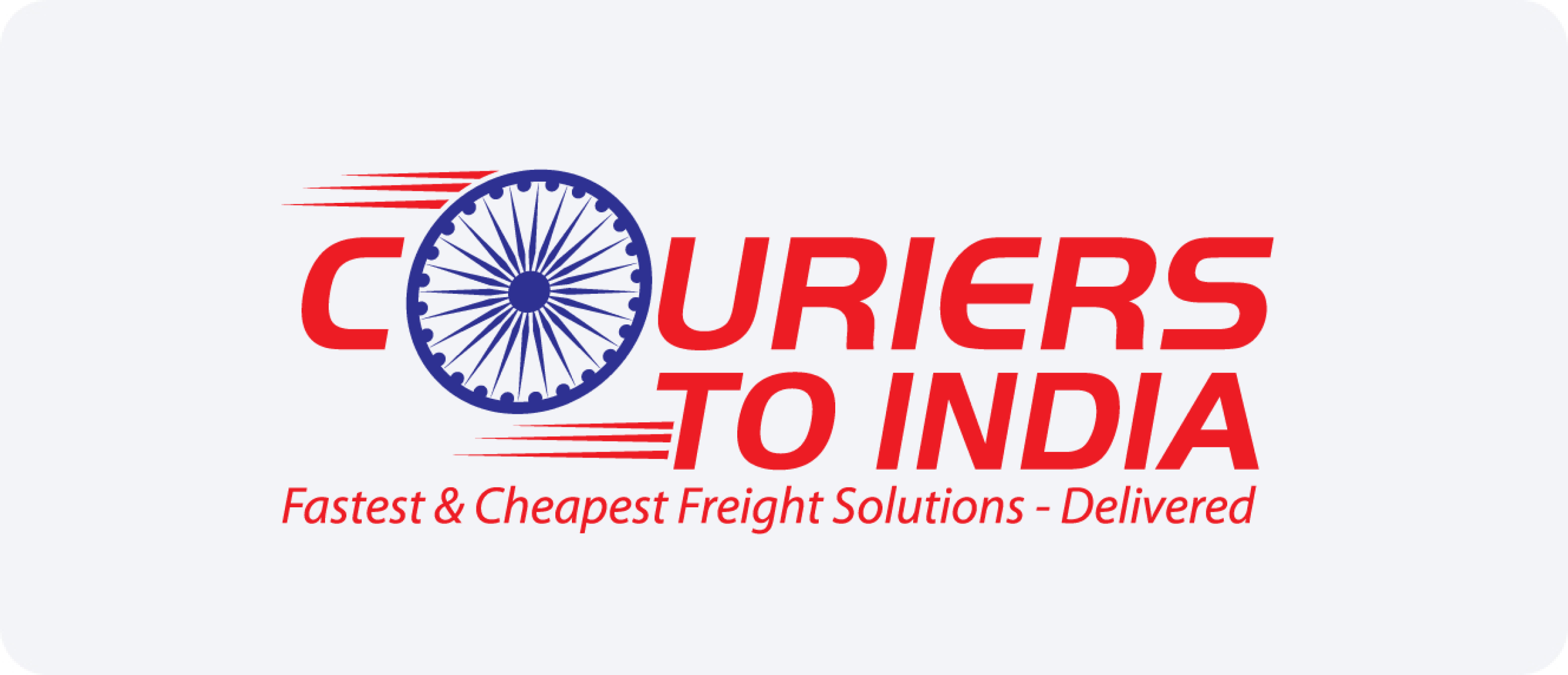
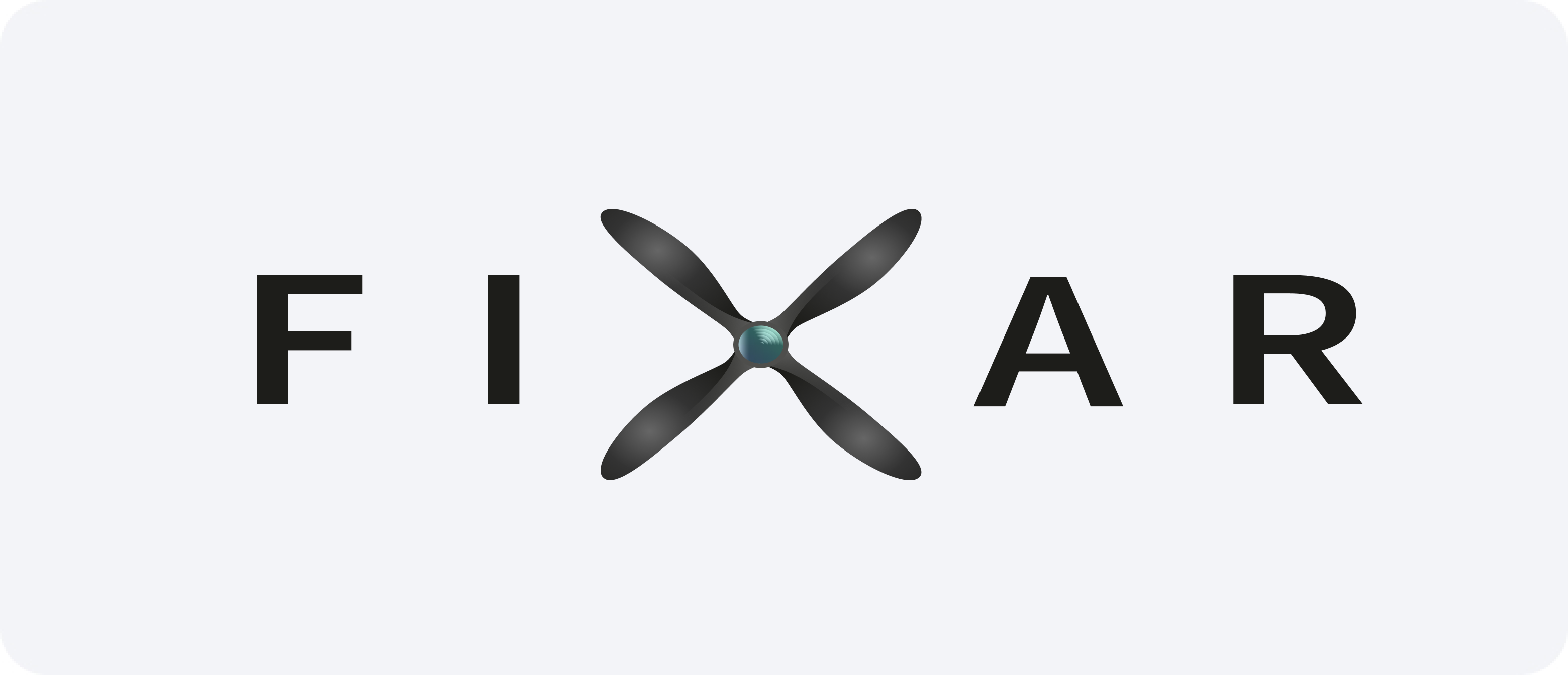

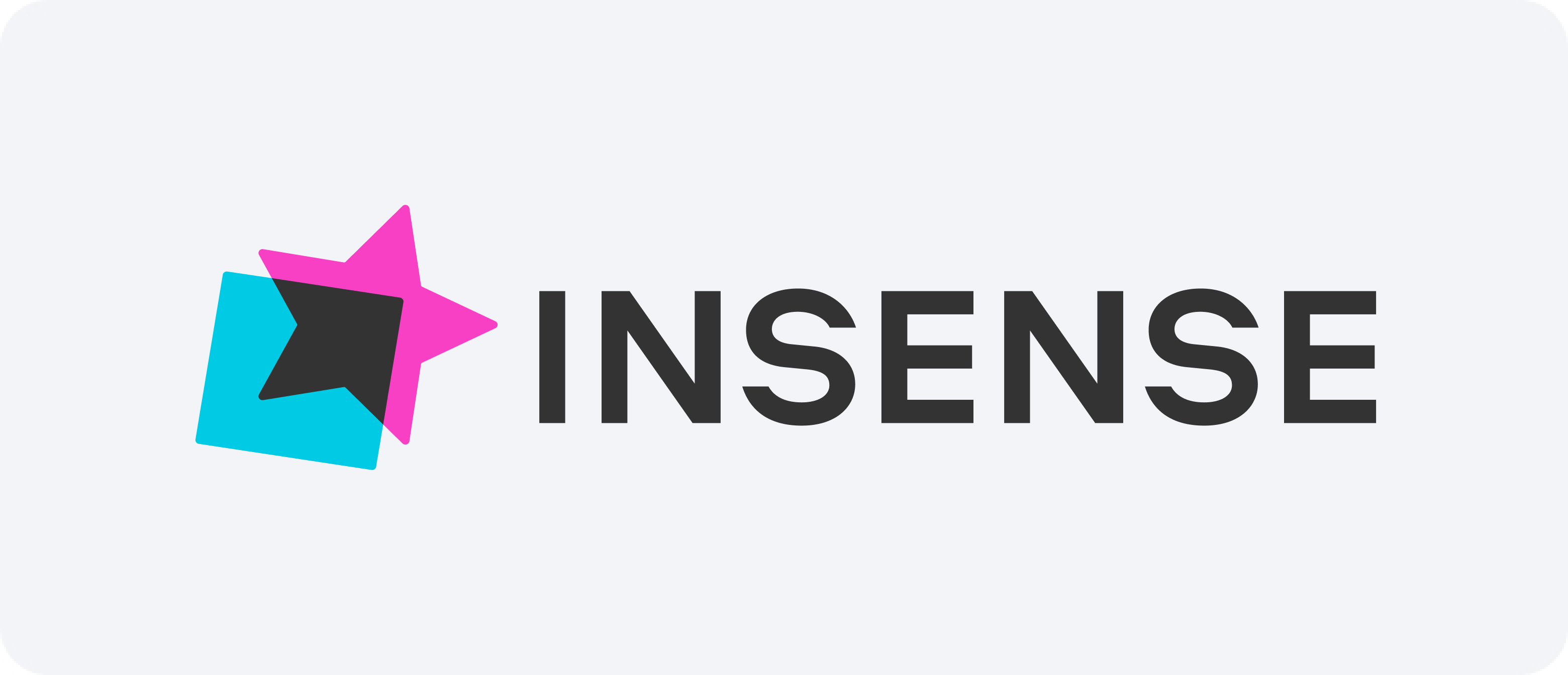
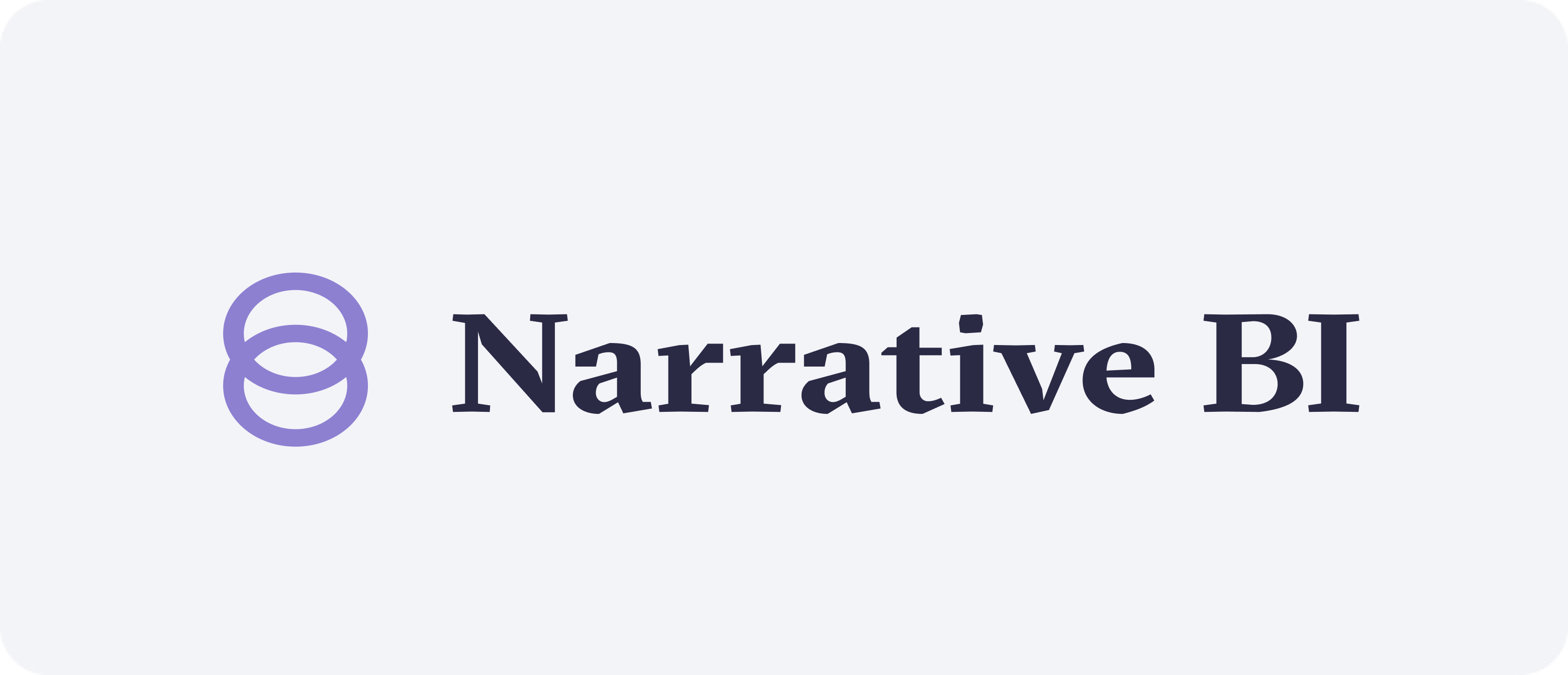
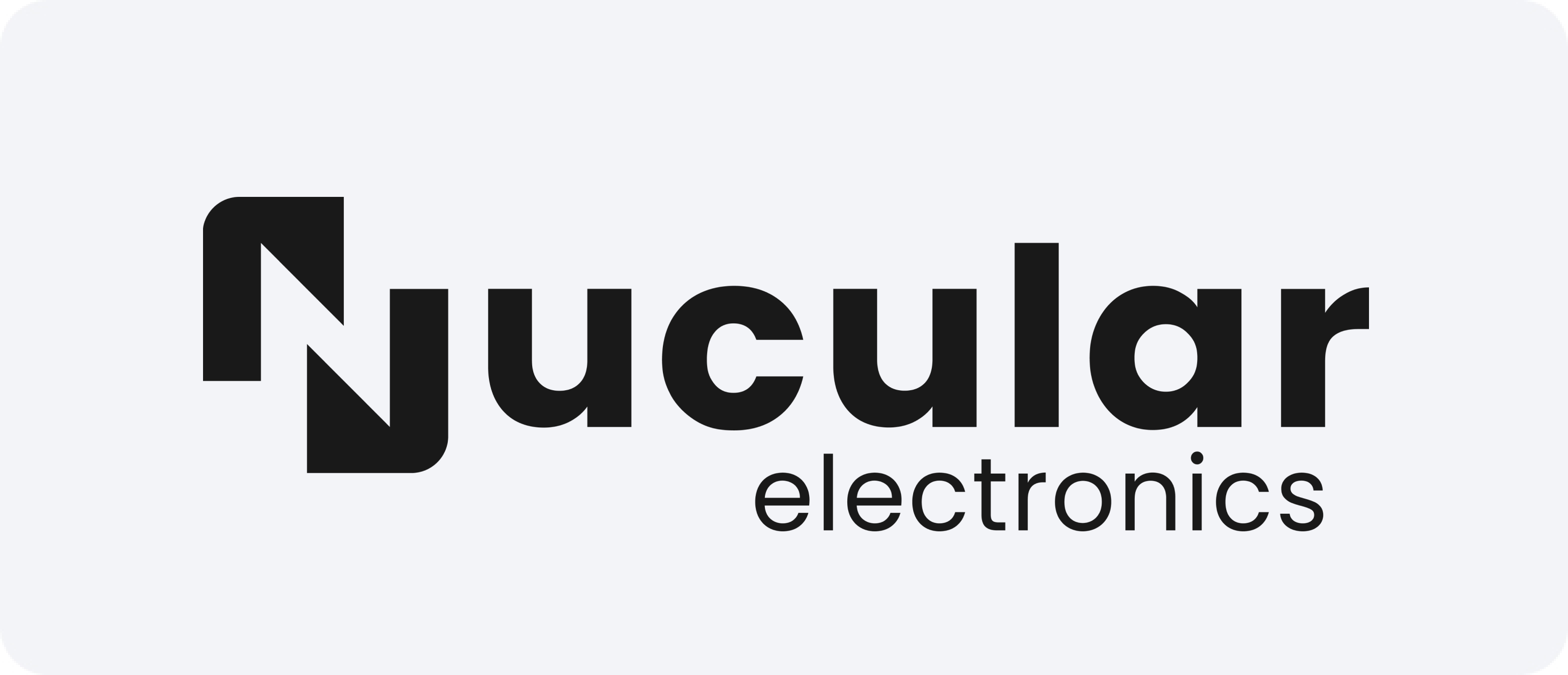
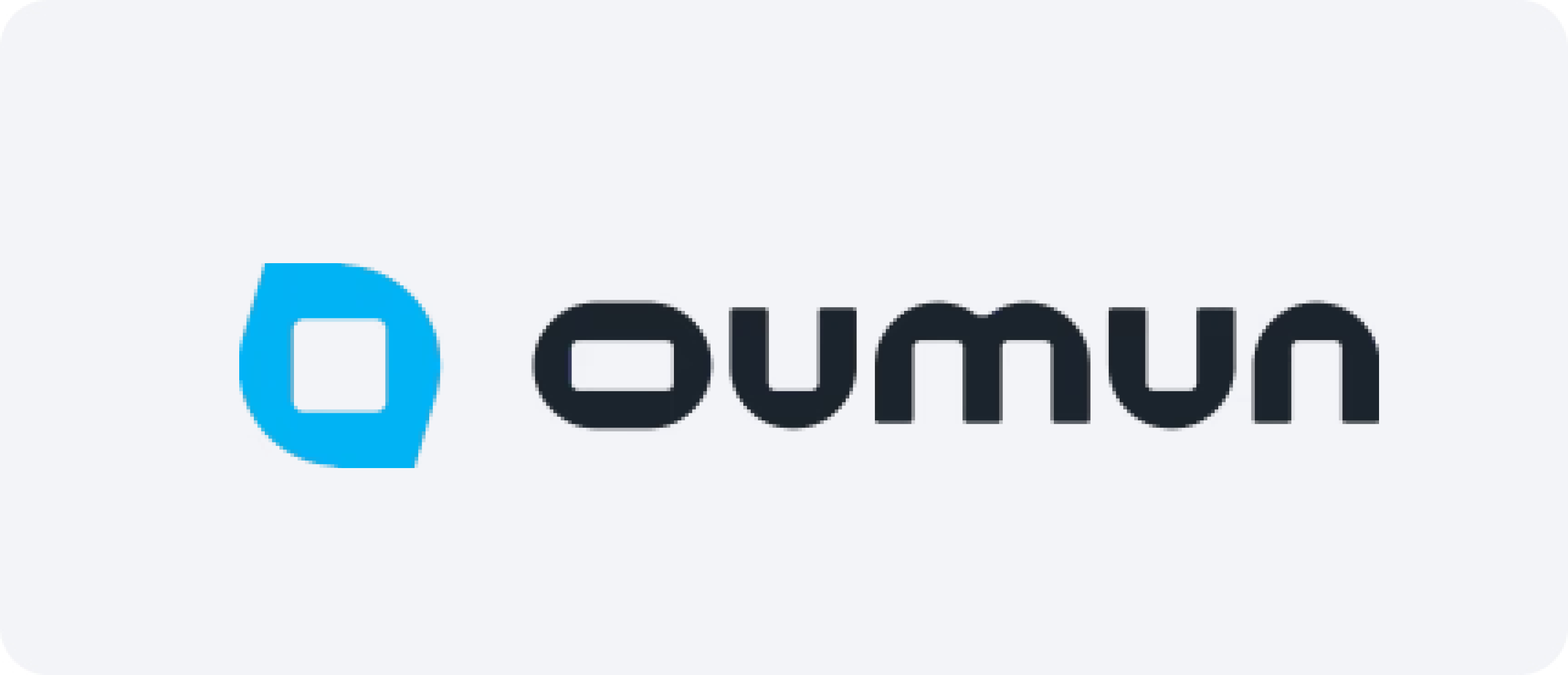
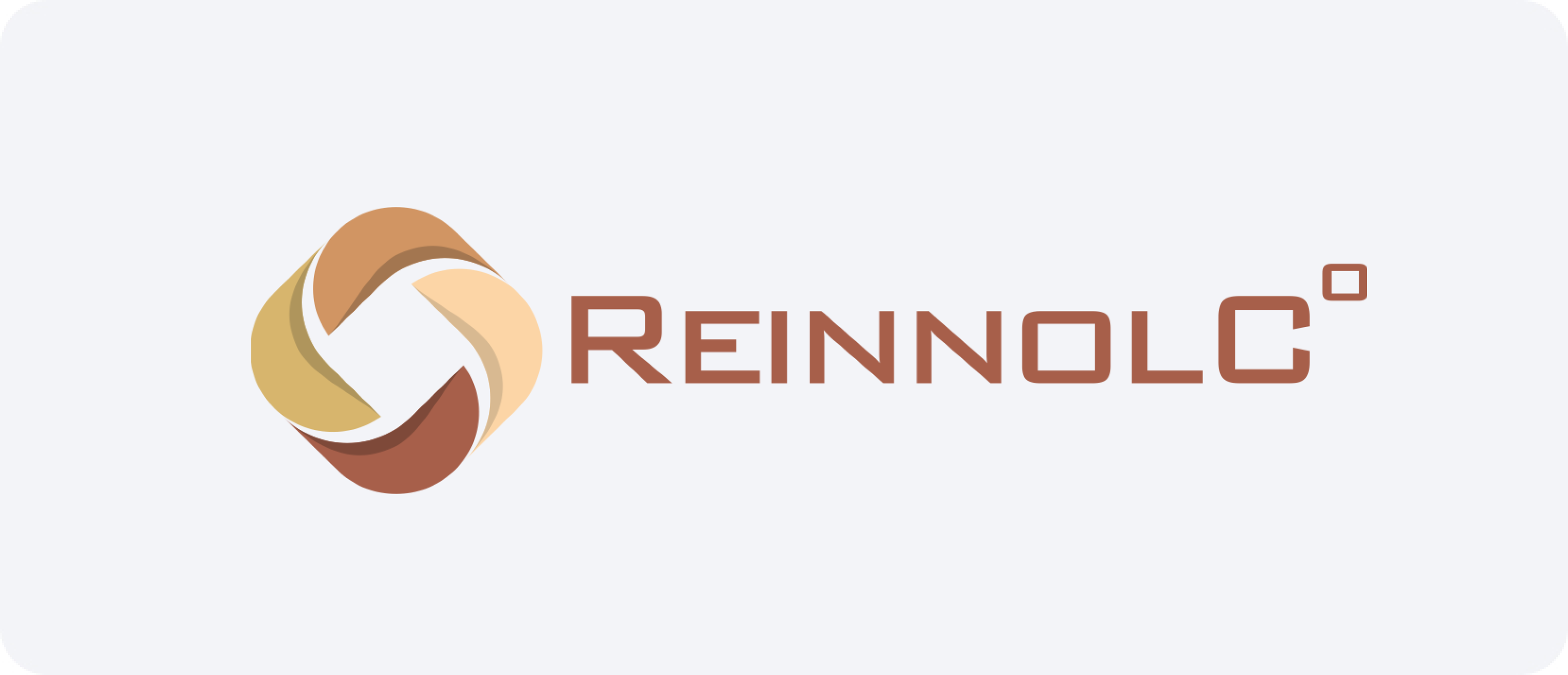
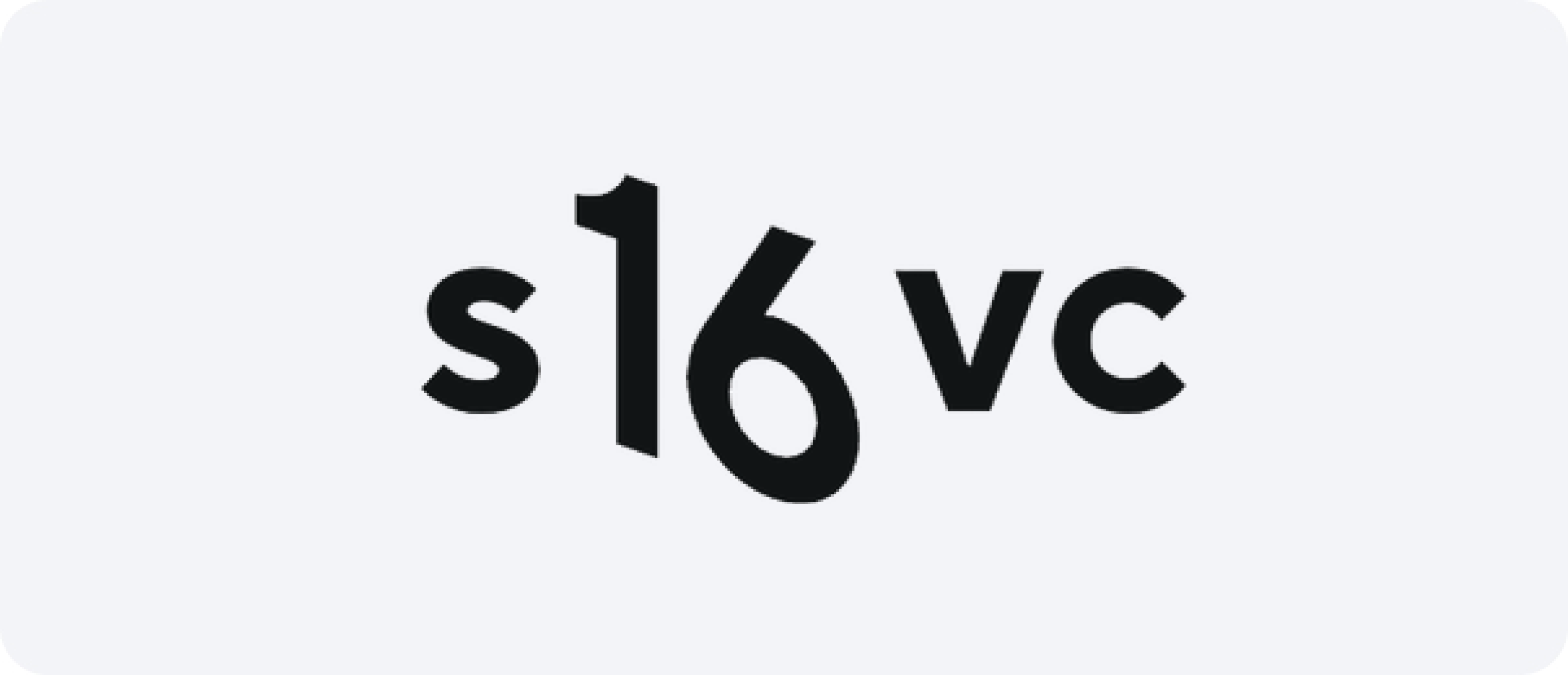
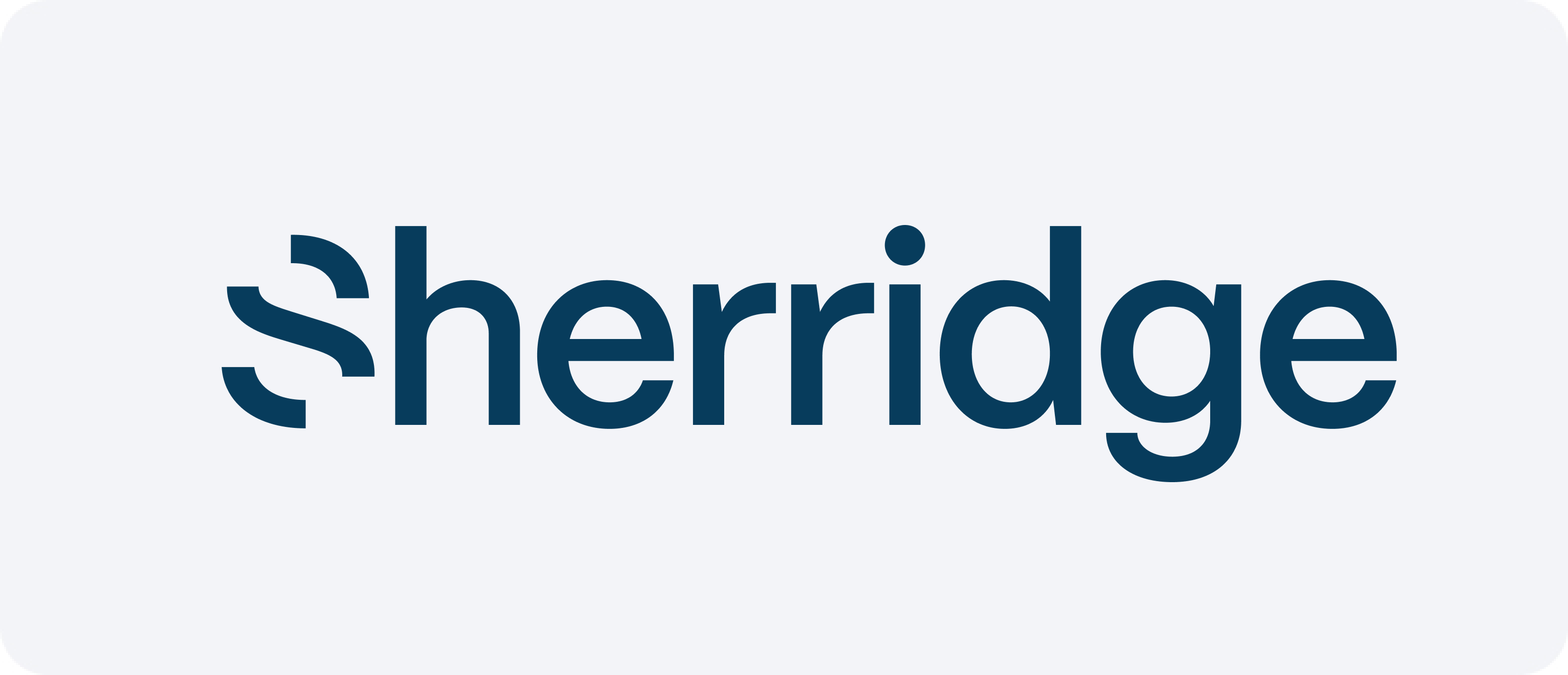
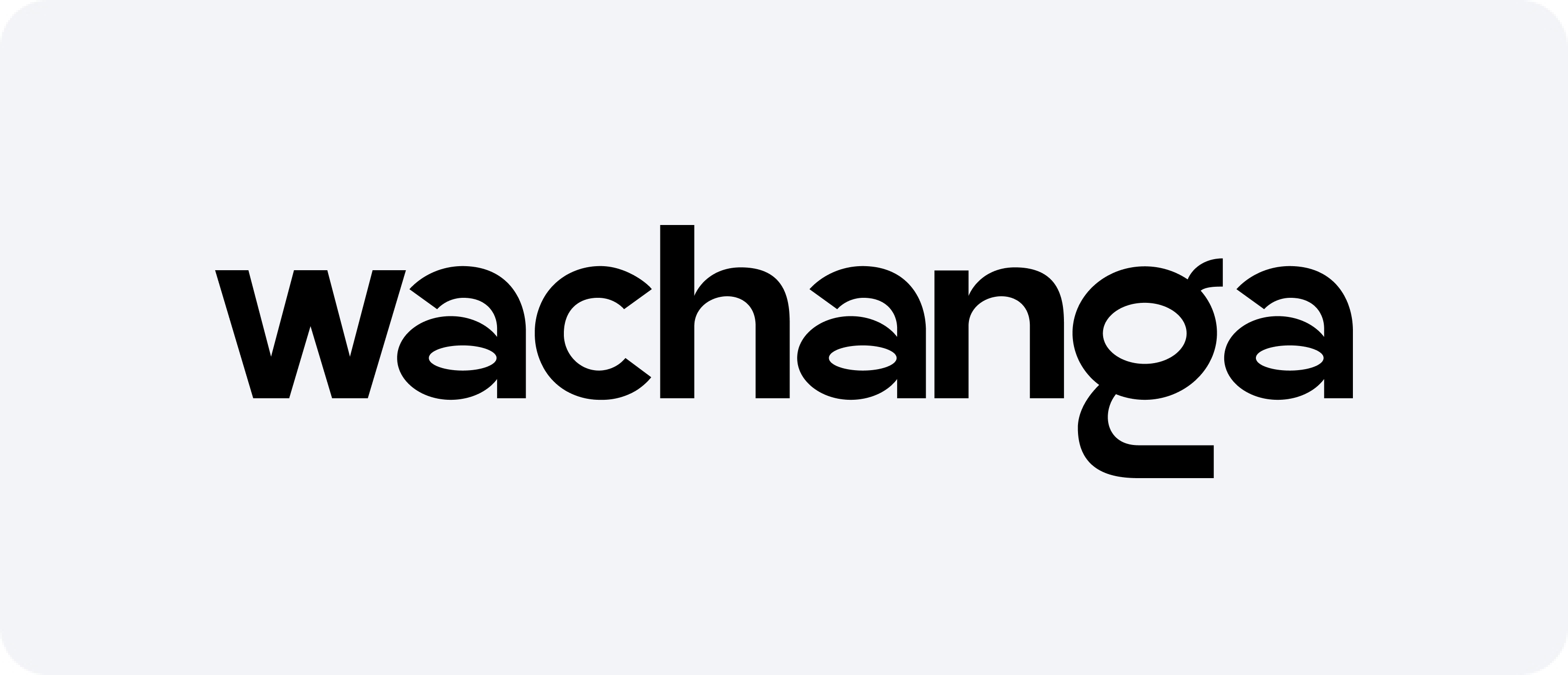
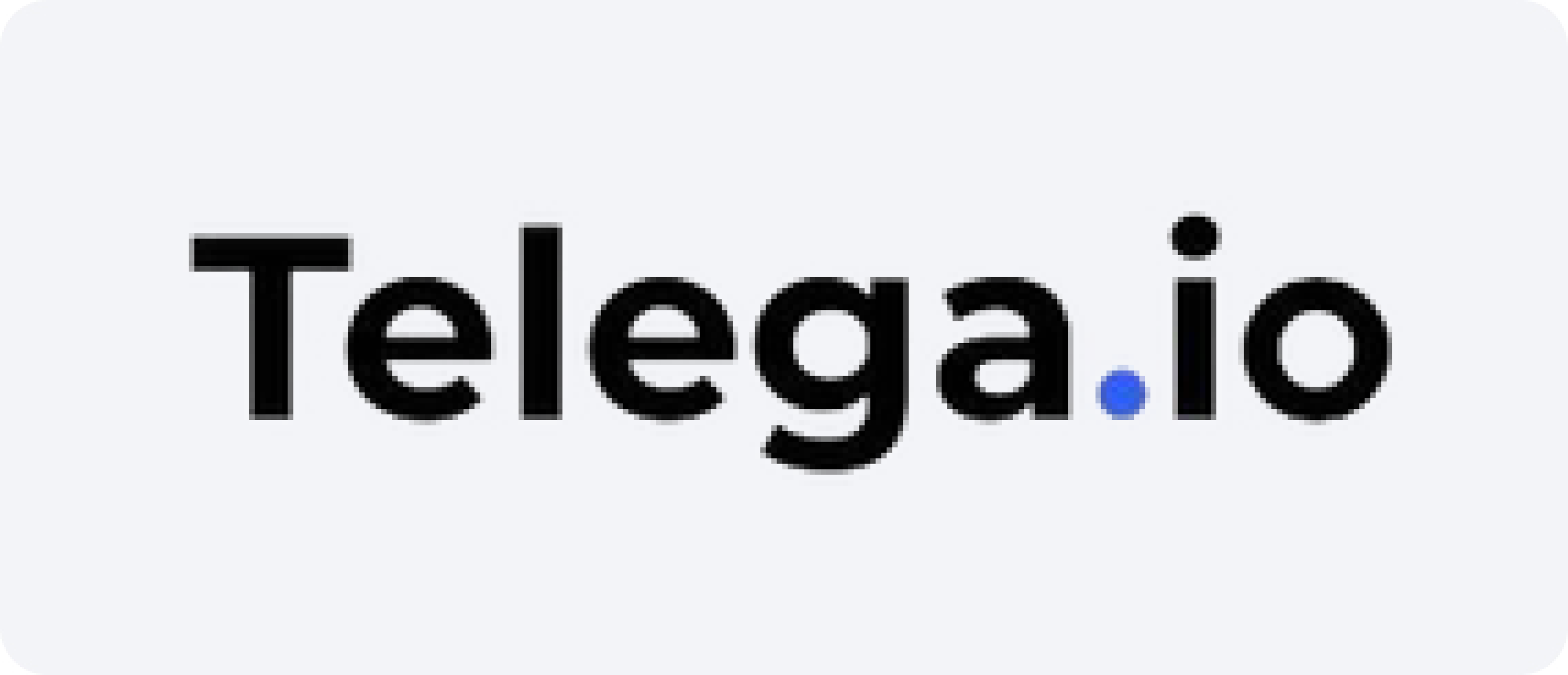
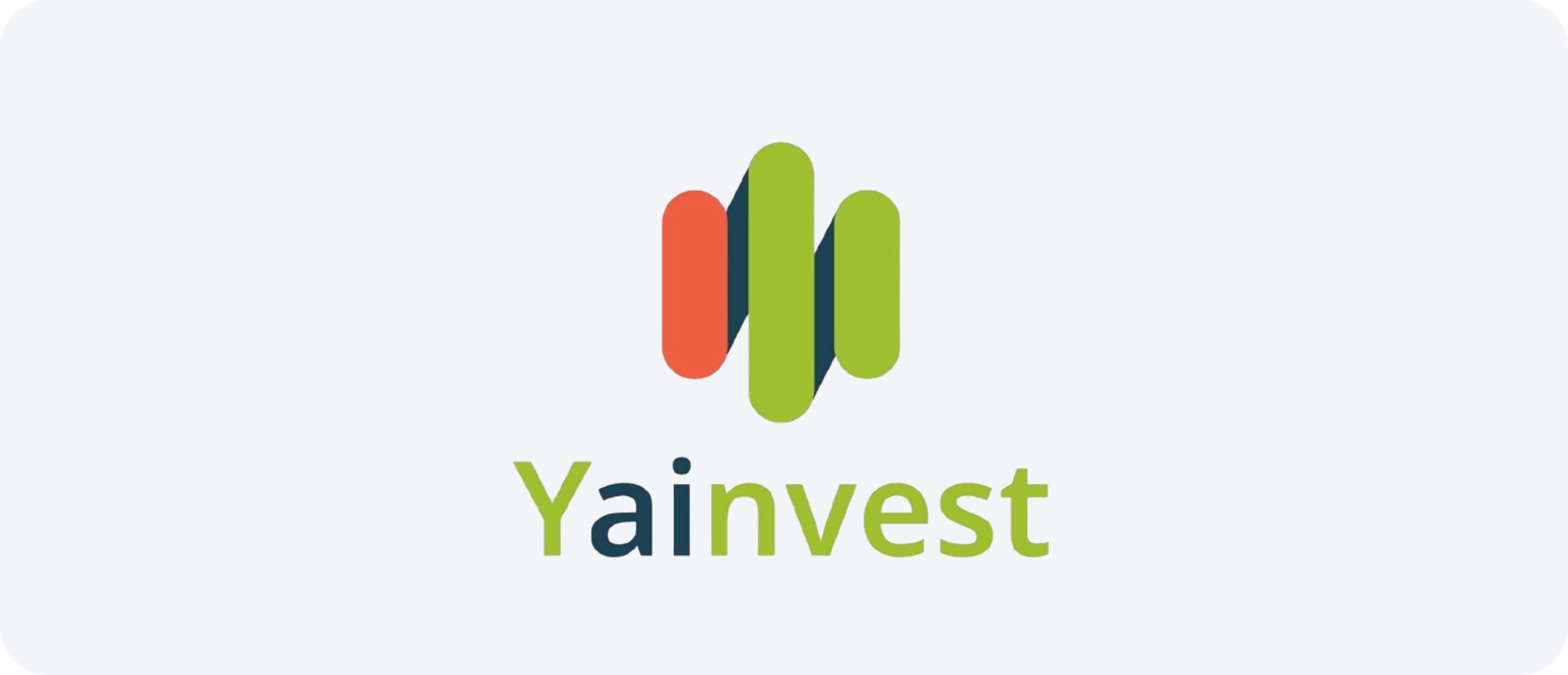
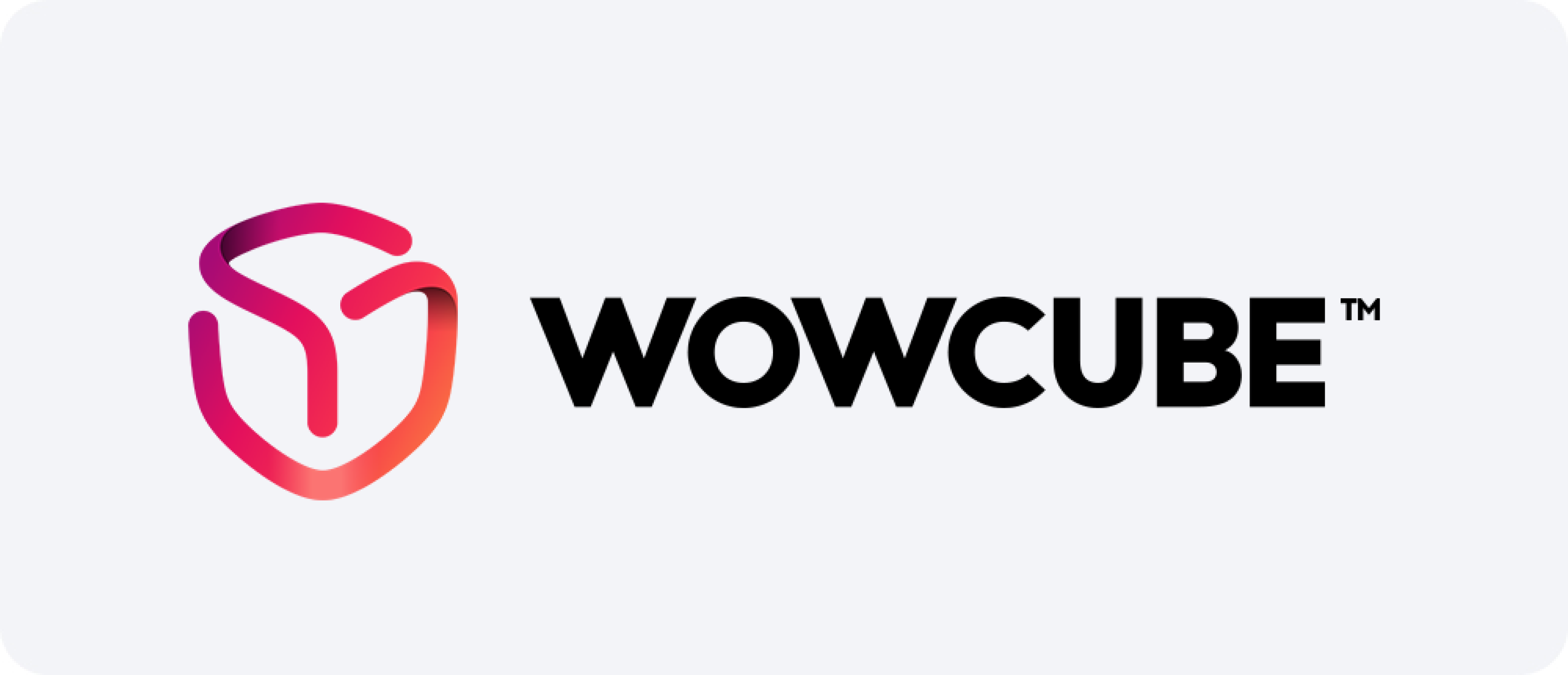







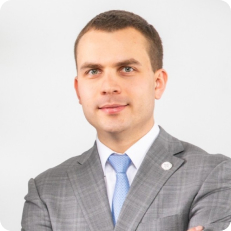




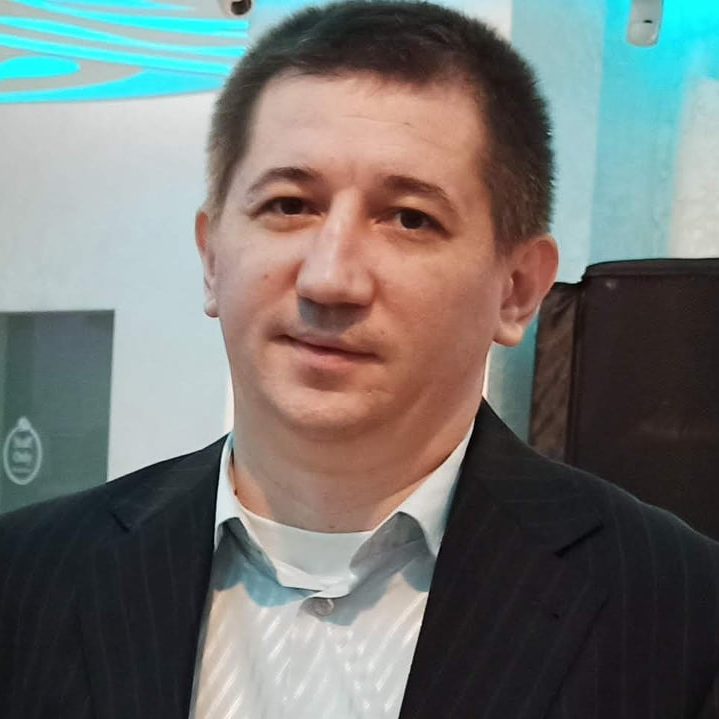
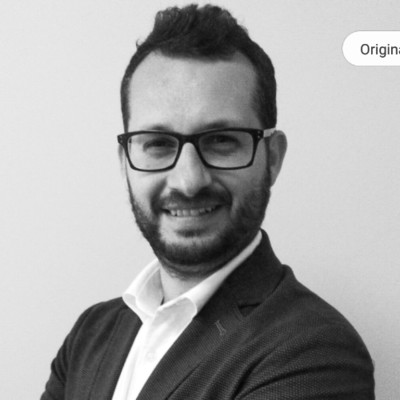
Trademark Office Action Responding in Germany: Key Steps and Considerations
Receiving a notification from the German Patent and Trade Mark Office (DPMA) is a common part of the registration process. While such a notice may seem like a setback, proper strategies for addressing objections can help applicants overcome them effectively. Understanding the fees associated with replying and the legal implications is crucial for timely and successful replies.
Whether you’re working with a legal expert or handling the matter yourself, this guide offers practical insights on how to manage official queries, ensuring the best possible outcome for your brand protection efforts.
What Is a Trademark Office Action?
A formal notice is an official letter issued by the German Trademark Office when an application does not meet certain legal or procedural requirements. These objections can be based on absolute grounds (e.g., lack of distinctiveness, generic terms) or procedural issues such as classification errors or missing information.
There are two types of actions commonly encountered in Germany:
- Formal Deficiency Notices – related to procedural mistakes in the application
- Substantive Objections – based on legal reasons, such as descriptiveness or similarity to earlier entries
Failure to submit a response within the designated timeframe may result in the refusal of the application.
Reasons for Receiving
A trademark applicant may face a refusal communication for various reasons, including:
- The sign is considered non-distinctive or overly descriptive
- Conflict with already existing names or symbols
- Misclassification of goods or related offerings
- Incomplete or unclear representation of the mark
- Use of restricted or misleading visual elements
Addressing these issues effectively requires a deep understanding of regulations and clear communication with the examining authority.
Trademark Office Action Response Cost and Considerations
When replying to objections, one key factor is the trademark office action response cost. While the DPMA does not charge a specific fee for replying, there are potential expenses related to:
- Hiring a lawyer or attorney to draft and review materials
- Translating documents for foreign applicants
- Making formal corrections to the original submission
Typical financial considerations include:
- Professional assistance for preparing the written reply
- Legal research (especially when citing similar cases)
- Modifying the visual or verbal form of the proposed brand
Budgeting for these elements early on helps reduce delays or additional burdens later in the process.
Step-by-Step: How to Respond to an Office Action in Germany
Here’s how to proceed if you receive a notice from the authority:
1. Review the Objection Letter Carefully
Understand whether the issues raised are procedural or legal in nature.
2. Seek Help from a Legal Specialist
For complex matters, especially legal challenges, consider engaging a qualified expert familiar with national regulations.
3. Draft a Thorough Reply
Address each issue clearly, using relevant arguments or supporting documents where needed.
4. File Your Answer Promptly
The usual deadline is one month, though extensions may be possible under certain circumstances.
5. Await Further Review
After submission, the DPMA will evaluate your reply and communicate its decision or next steps.
Practical Tips for Success
To improve your chances of overcoming objections in Germany, consider the following:
- Ensure your application is complete and accurately categorized
- Reference legal precedents or rulings when challenging rejections
- Stick to facts and avoid subjective justifications
- Keep a well-organized record of all interactions with the registration body
- Observe all deadlines and comply with format requirements
Final Thoughts
Submitting an application in Germany may include unexpected hurdles, but a structured and well-prepared response can turn things around. Knowing how the system works, addressing each concern logically, and preparing for any associated expenses all play vital roles in securing approval.
By working through the process step by step, applicants can establish strong protection for their name or logo in the market. If necessary, expert legal support can significantly increase the likelihood of success.
